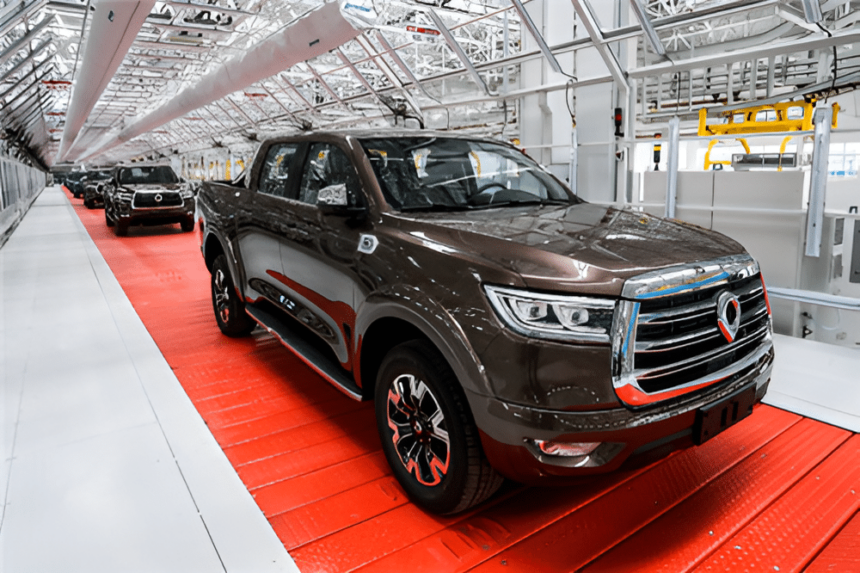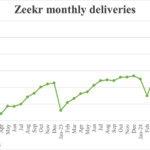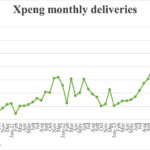Great Wall Motors (GWM) has recently announced the commencement of production at its Brazilian factory in Iracemápolis, scheduled for mid-2025. This decision follows a meeting held on November 26 between GWM International President Shi Qingke and Brazilian President Luiz Inácio Lula da Silva. President Lula expressed his full support for GWM’s efforts to advance Brazil’s automotive sector.
The Iracemápolis facility will mark Brazil’s first factory dedicated to producing new energy vehicles (NEVs), signifying a significant step in the nation’s transition towards sustainable transportation. GWM’s objective is to meet the local demand for electric and intelligent vehicles while establishing the factory as its fourth global production base, serving the expanding NEV markets across Latin America.
Initially, the factory will focus on producing the popular Haval H6 hybrid SUV, a top-selling model for GWM worldwide. The plant has been licensed for an annual production capacity of 50,000 vehicles, with an initial output target of 20,000 units. This phased approach underscores GWM’s commitment to scaling up operations in response to growing demand.
Over the next decade, GWM plans to invest over 1.7 billion USD in Brazil, supporting operations, enhancing production capabilities, and driving local economic growth. The fully operational factory is expected to create more than 4,500 jobs, providing a significant boost to the economy of Iracemápolis and the surrounding regions.
GWM’s decision to establish local production instead of relying on imported vehicle component kits aligns with Brazil’s Mover program, which incentivizes domestic manufacturing and green mobility solutions. The strategic location of the facility near existing automotive supply chains will further enhance its efficiency and overall impact.
The Iracemápolis plant represents GWM’s strategic initiative to expand its global footprint and support the growth of NEVs in emerging markets. Through a focus on local production and substantial investment, the facility aims to contribute to the ongoing evolution of Brazil’s automotive sector.
Source: IT-Home







